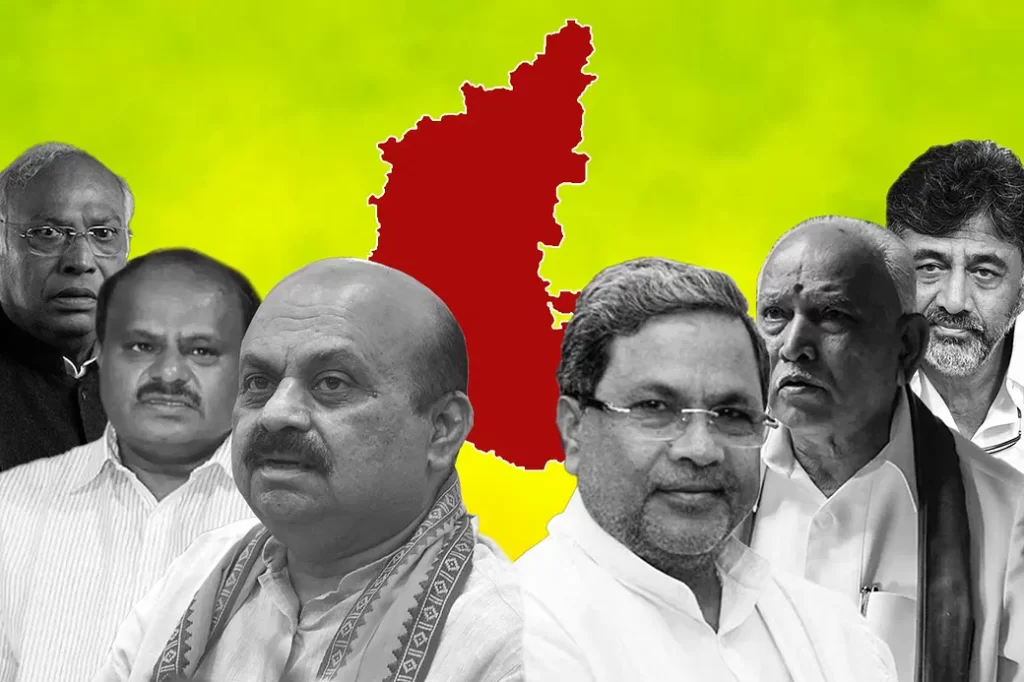
Elections in a democratic country are a fundamental aspect of the democratic process. They are the mechanism through which citizens are able to choose their leaders and hold them accountable for their actions. In a democratic election, eligible citizens are given the opportunity to vote for the candidate of their choice, based on their individual preferences and beliefs.
The process of conducting elections in a democratic country typically involves a number of steps, including:
- Voter registration: Citizens who are eligible to vote must first register with the appropriate authorities in order to be able to participate in the election.
- Candidate nomination: Political parties or individual candidates must be nominated and registered to contest in the election.
- Campaigning: Candidates are allowed to campaign to convince voters to support them. This can take many forms, such as public rallies, advertising, and debates.
- Polling: On the day of the election, eligible voters are allowed to cast their vote at polling stations located throughout the country.
- Vote counting: After polling closes, the votes are counted and the results are announced.
- Certification of results: The results are certified by the relevant electoral body and the winner(s) are declared.
In a democratic country, the election process is typically overseen by an independent electoral commission or body, which is responsible for ensuring that the process is free, fair, and transparent. This includes monitoring the registration of voters, the nomination of candidates, the conduct of the election itself, and the counting and certification of results.
Overall, the democratic election process is an important aspect of any democratic society, as it provides citizens with a voice and a say in the governance of their country.
What are the Challenges face by Political Parties during Elections?
There are several challenges that political parties may face during elections, including:
- Voter turnout: One of the major challenges that political parties face is encouraging high voter turnout. Low voter turnout can result in skewed election results and can undermine the legitimacy of the electoral process.
- Voter apathy: Some voters may feel that their vote does not matter or that there are no significant differences between the candidates or parties. This can lead to voter apathy, which can be difficult for political parties to overcome.
- Funding: Political campaigns require significant funding, and raising enough money can be a major challenge for political parties, especially smaller or newer ones. Parties may also face accusations of corruption or undue influence if they rely heavily on donations from wealthy individuals or corporations.
- Media coverage: Political parties may struggle to get their message out to voters if they do not receive adequate media coverage. This can be particularly difficult for smaller parties or those without significant financial resources.
- Electoral laws and regulations: Electoral laws and regulations can vary widely between countries and can be complex and difficult to navigate. Political parties may face challenges related to registration, candidate eligibility, campaign finance, and other aspects of the electoral process.
- Incumbency advantage: Incumbent parties or candidates may have an advantage over challengers, as they are often better known and have established networks and resources. This can make it difficult for new or opposition parties to gain traction.
Overall, political parties face numerous challenges during elections, and overcoming these challenges requires careful planning, strategic thinking, and a strong commitment to democratic values and principles.
WHO WILL WIN THE KARNATKA ELECTIONS 2023 ?
The results of elections depend on a variety of factors, including the political landscape, voter preferences, campaign strategies, and external events, among others. Therefore, we cannot predict with certainty who will win the Karnataka Elections in 2023. The outcome will depend on the choices and actions of the voters and the candidates themselves. It is important to remember that the election process is a fundamental aspect of democracy, and it is up to the citizens of Karnataka to exercise their right to vote and make their voices heard through the ballot box.
Lets wait upto May 13 the 2023


